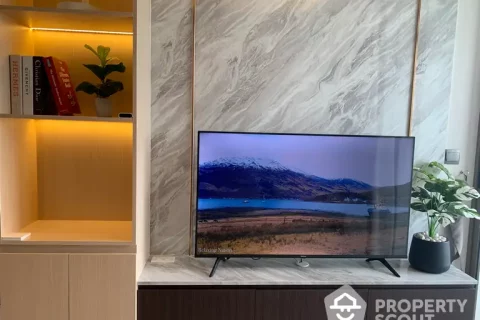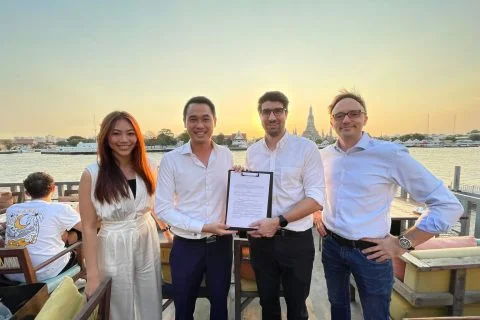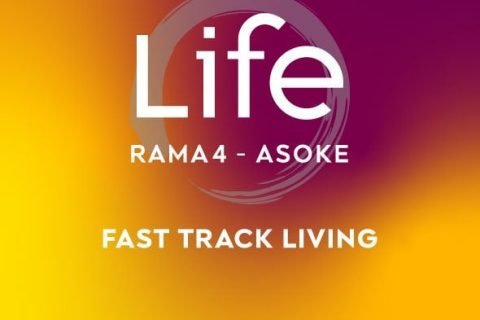Buying property anywhere in the world from established markets, to more speculative frontier economies should always be an exercise in due diligence and caution. Property transactions, usually involve large sums of money; therefore it is always important for buyers to proceed with an understanding of the local legal landscape.
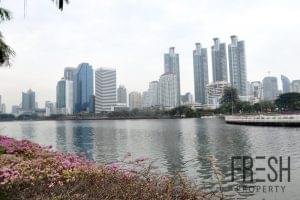
Foreign Property Ownership in Thailand is tightly regulated and follows a clearly defined legal framework. There is a common perception, that Thailand’s property laws are complicated, however foreign property ownership is actually a straightforward and simple affair. This can be summarized as follows:
Foreigners can buy and own:
– Freehold Condominiums more commonly known as Condos
– Building and structures (Distinct from the land they sit on)
Foreigners cannot own:
– Land
Foreigners can only take 30 Year Leases on land in Thailand. However foreigners often try to circumvent and by-pass these strict foreign ownership laws; often adopting strategies and tactics that allows a foreign buyer to exercise “control” over the ownership of a plot of land (I.e. Setting up Thai Companies to purchase land). Complications and complex issues can arise from these strategies, as they sit in the grey-area of the Thai Legal system.
Anyone looking for a straightforward, hassle-free and relatively liquid property in Thailand should stick to investing solely in Condominium Freehold Units (Condos). Therefore it should come as no surprise, that most property transactions (Involving Foreigners) in Bangkok are related to the transfer (Sales/Purchase) of condos.
So what is a Condominium Freehold?
Firstly, it is important to note that this is a special type of Freehold title and it is the only way for foreigners to directly and legally own property Freehold in Thailand. As a side note, most of the laws and regulations relating to condos are contained within the Condominium Act B.E 1979 and its subsequent amendments.
Explained in simple, non-legal terms:
It is the division of a building into individual condominium units; whereby each condo benefits from proportional co-ownership of common areas (I.e. Corridors, Building Facilities, Car Park, etc.) and interest in the co-owner association/ juristic person office.
Ownership of a Condo Unit within a Condominium project also offers proportional ownership of the land on which the building sits. Therefore ownership of Condos are strictly controlled and regulated via a simple rule:
Foreigners can only buy up to 49% of the registrable area of a Condo Development (Foreign Quota). The remaining 51% can only be owned by Thai nationals or Thai entities.
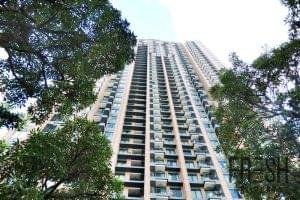
If a Condominium’s Foreign Quota is full/sold-out, unfortunately foreign nationals would only be able to purchase the remaining Condo units leasehold (Maximum of 30 Years, leasehold).
Extra Benefits of Condominium Freehold Ownership!
Apart from being the only Freehold title foreigners can legally own, there are several other benefits to buying Condos. These benefits take the form of consumer protection regulations, generally pertaining to the sales and purchase of off-plan and/or newly launched Condos. These include:
– Marketing Materials such as Brochures and pamphlets distributed by a Developer is technically legally binding. Therefore features and benefits offered in the marketing literature, needs to be guaranteed by the Developer. These laws were enforced to avoid misrepresentation and false promotion by unscrupulous Property Developers.
– Condominium Units benefit from 5 Year Structural Guarantees and 1-2 Years internal defects guarantee. These guarantees are transferable to “second-hand” property buyers.
The straightforward and uncomplicated nature of Condos as a form of property ownership also means that the conveyancing and due diligence process of a Condo purchase/sale is usually a swift affair involving minimal paperwork and checks. Provided all parties are transparent and eager to proceed, in the best case scenario a condo can exchange hands within 1-3 weeks.
Finally it is important to note that the ease of buying condos should not be mistaken for automatic investment security. As there are several non-legal factors to consider, that could impact the future value and re-sale potential of a Condo!
*Quick Legal Disclaimer: This material has been prepared for informational purposes only. It is not intended and should not be relied on to provide legal advice. You should consult your own legal advisor before engaging in any transaction.


